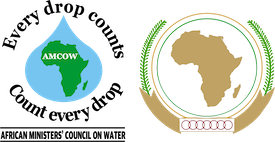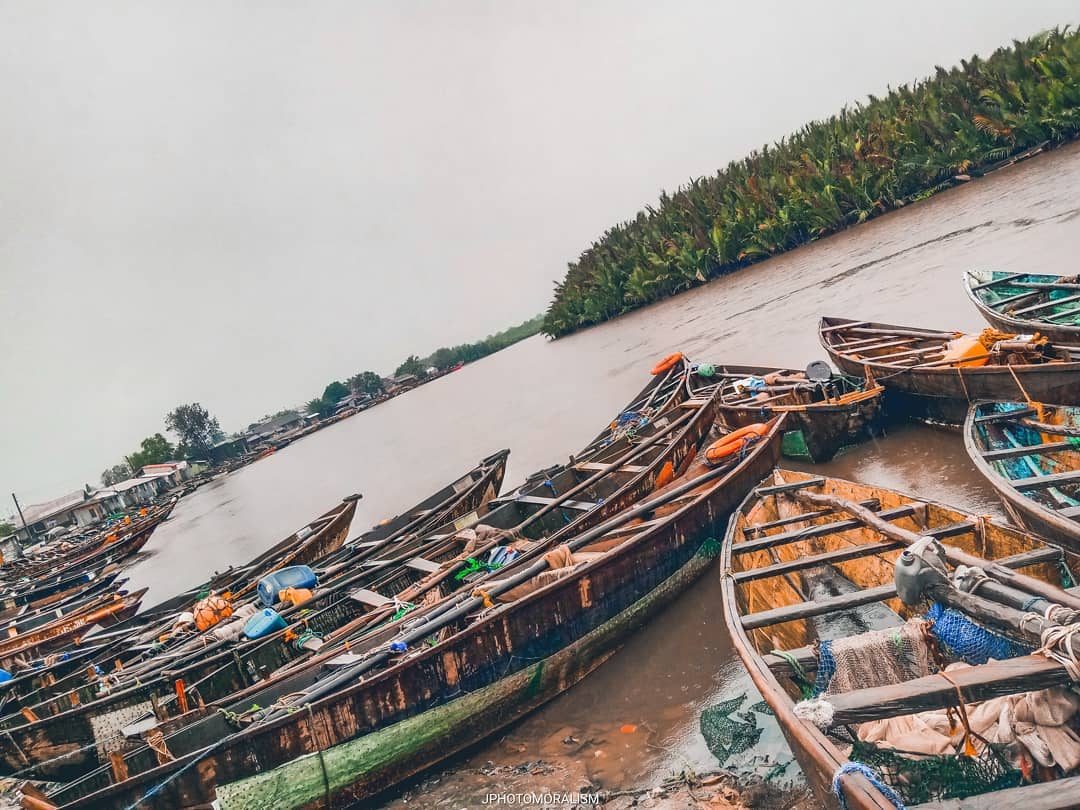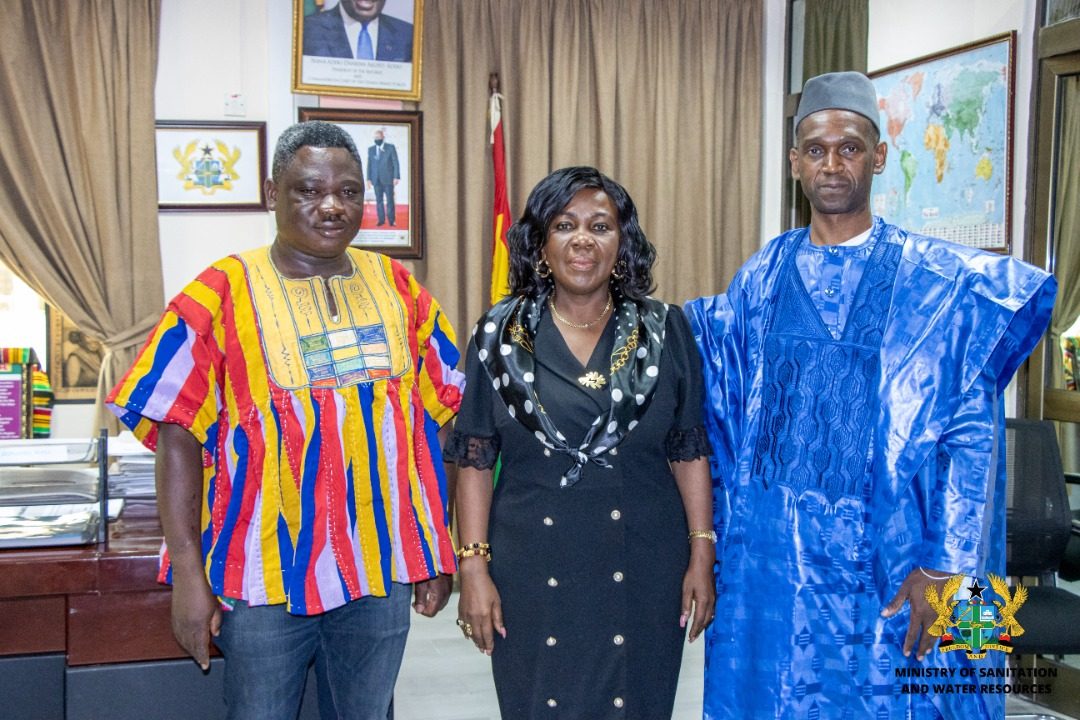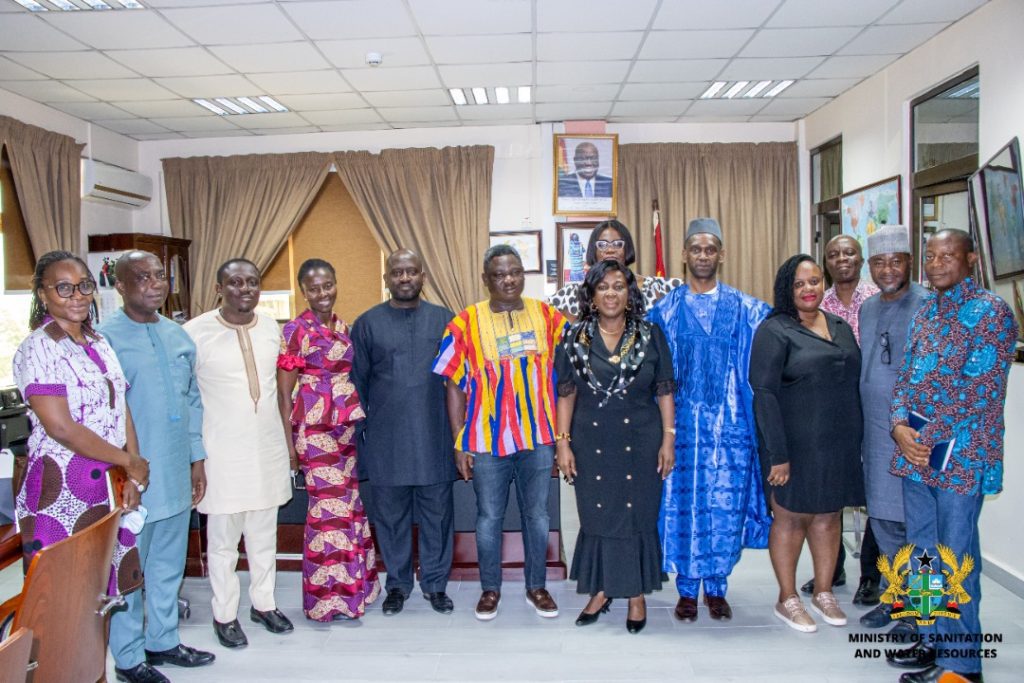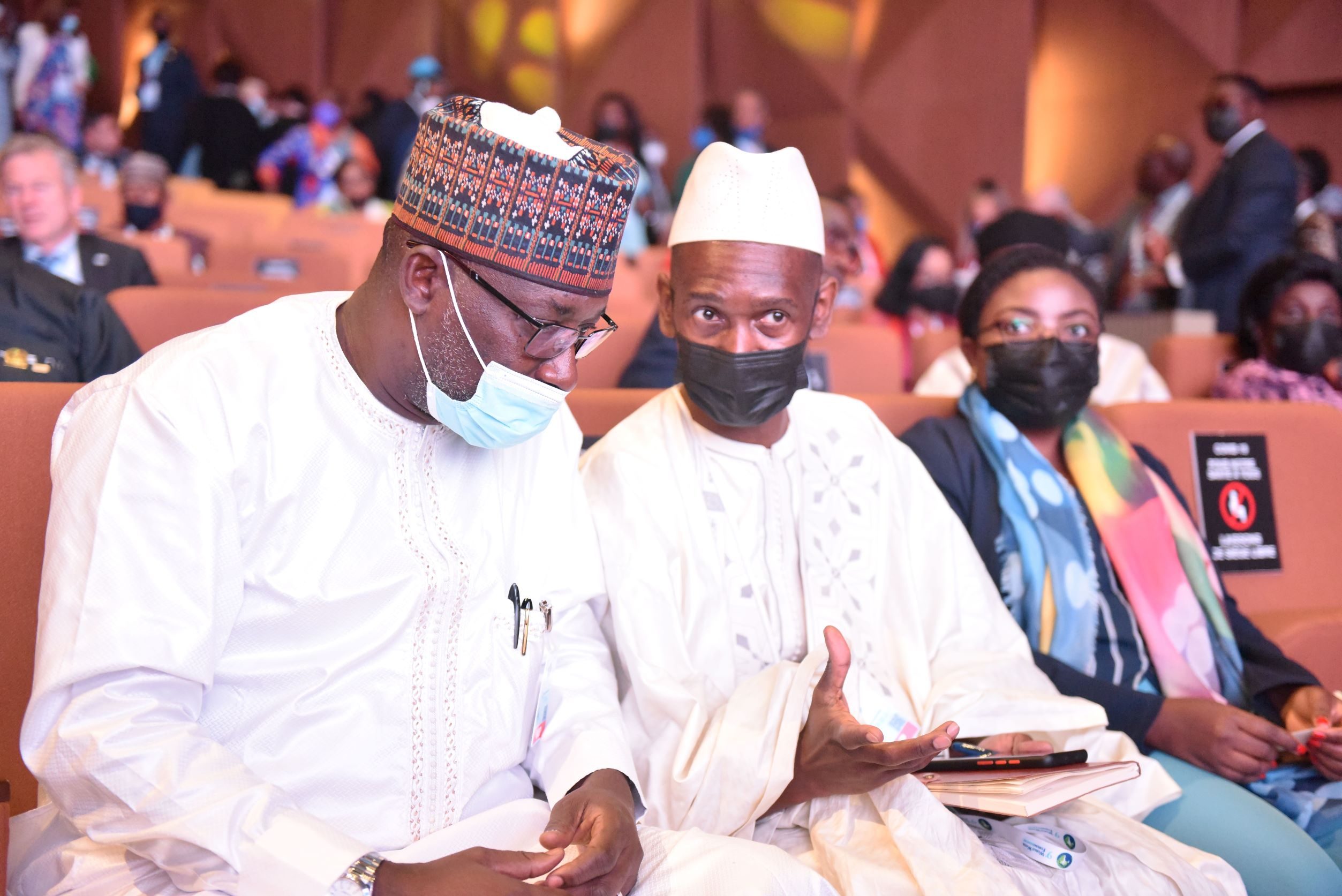Request For Proposals: Development of a 5-Year Business Plan
- Background
The African Ministers’ Council on Water (AMCOW) is an intergovernmental institution formed in 2002 in Abuja, Nigeria. The vision of AMCOW is an Africa where there is an equitable and sustainable use and management of water resources for poverty alleviation, socio-economic development, regional cooperation and the environment. AMCOW’s mission is to provide political leadership, policy direction and advocacy in the provision, use and management of water resources for sustainable social and economic development and maintenance of African ecosystems. The Organs and structures of AMCOW serve as the working group on Water and Sanitation of the African Union’s Specialized Technical Committee (STC) of Agriculture, Rural Development, Blue Economy, and Sustainable Environment (ARBE).
Over the past 5 years, AMCOW Secretariat has gone through a number of institutional reforms to improve its operational and governance arrangements to deliver on its mandate effectively. The overall objective is to provide a high-level platform to push the water agenda forward at the continental, regional and country levels. Ultimately, the aspiration is for Member States to ensure effective and sustainable management of water resources for all purposes to address both poverty reduction and social development goals.
2. Rationale
A key outcome of the institutional development support to date has been the establishment of broadly inclusive participatory mechanisms – coordinated by the AMCOW Secretariat – for informing decision-making. Information generated from the Africa Water and Sanitation Sector (WASSMO) system is used to inform continental policy initiatives to coordinate and technically facilitate the water sector in Africa.
On the continuum of institutional growth, the focus has now shifted to assuring both the short-term funding stability and the long-term financial security of AMCOW.
Numerous political commitments notwithstanding, the water sector – in general – and AMCOW as an institution – are faced with a chronic challenge of incommensurate funding. The Sharm-el-Sheikh Declaration takes it on with commitments on:
- increasing domestic allocations to the sector;
- developing appropriate financial instruments and investment plans for funding the water and sanitation sector; and,
- mobilising funding support from development partners.
In the N’Gor Declaration, a commitment is made of having established sanitation and hygiene budget lines of a minimum of 0.5% of national GDP by 2020.
For the majority of AMCOW’s Member States, action on these commitments has not matched the enormity of the task of ensuring water security. By extension, statutory contributions to the core budget of AMCOW are insufficient to meet a key stipulation of the AMCOW Governance Framework on funding AMCOW initiatives.
To fund AMCOW activities, the Secretariat is mandated to receive and manage Member States’ contributions, as well as such sources as shall be established by the Executive Secretary. These sources include contributions from the private sector; and funding, technical and implementing partners. The AMCOW Governance Framework, thus, stipulates that the core functions of the Secretariat shall be financed by the Member States themselves to demonstrate commitment and ownership.
As such, strengthening the Secretariat’s capacity to mobilise resources towards implementation of AMCOW’s core functions has implications for the institution’s funding model. The Secretariat’s ability to attract partner investments into AMCOW activities is linked to the ability to demonstrate financial commitment to AMCOW’s core functions.
Hence the ongoing activities to formulate and implement a business plan to set the strategic direction and inject new approaches into AMCOW’s resources mobilisation efforts.
Objectives of the Assignment
Against the background of the foregoing, technical services are sought to prepare an impact oriented AMCOW Business Plan to support implementation of the AMCOW Strategy 2018 – 2030. A key immediate output from the plan will be to put in place measures – including revenue generation – to provide financial stability at the Secretariat.
A key requirement is to concisely articulate strategies – grounded in private sector business acumen – to assure both the short-term funding stability and the long-term financial security of AMCOW.
Scope of Work
Under the overral guidance of the Executive Secretary and direct supervision of the Director of Corporate Services, the consultant will be responsible to:
- Conduct detailed consultation on AMCOW programmes and other potential revenue generating products and services, such as Conferences etc, with the Technical Advisory Committee (TAC), Management, Staff and key partners/stakeholders.
- Conduct a market analysis and risk assessment, and study the critical sustainability factors for similar entities, including operational gaps, funding loopholes, competitiveness and viability;
- Conduct a thorough review of AMCOW’s governance, management and operational structure, systems and policies to inform the development of a sound and efficient business model and plan;
- Conduct validation sessions to discuss and review the draft Business Plan before it is finalized. This should include proposed products and services; governance, operational and financial management structures, including any tax implications; branding and communication strategies and cost estimates/budget.
Deliverables
A 5-year Business Plan that fully responds to the objectives of the assignment as detailed in Section 2 above. It will include, but not be limited to:
- clearly defined operational strategies, governance and management structures;
- details of the key tasks and responsibilities of each actor;
- a financial and operational plan;
- cost estimates/budgets of recommended actions, including tax implications;
- a risk mitigation/management plan, as well as,
- a plan for measuring performance and impact.
Duration of the Assignment
The assignment is expected to take approximately 30 input days spread over a period of 3 calendar months.
Qualification and Experience
Demonstrated experience in undertaking similar assignments within Intergovernmental mandated institutions such as the AU, Regional Economic Commissions, River and Lake Basin Organisations and the UN and Not-for-Profit Organisations such as NGOs and Civil Societies within the last ten (10) years.
At least a Master’s degree or equivalent in business administration, strategic Management, development studies, Economics or related fields;
Familiarity and strong understanding of the water and sanitation sector in Africa
Strong research and analytical skills, communication (oral and written), interpersonal and facilitation skills.
Ability to work remotely with a multi-disciplinary team
Good leadership and organisational skills.
Language capabilities to function in both English and French is an added advantage.
Submission of Proposals
Interested parties – both individuals and firms – that meet the criteria above are invited to submit proposals (maximum of 15 pages as a single attachment) providing the details below:
- an expression of interest and technical capability statement;
- details of the proposed approach, methodology and activity scheduling;
- a summary of relevant experience – over the last 5 years – of preparing business plans in both private sector and inter-governmental organisational contexts. Please use the table below for each of the relevant assignments. Contact information of the respective clients should be provided for each of the relevant assignments listed.
| Assignment name: | Approx. value of the contract: |
| Countries: | Duration of assignment: |
| Name of client and contact details: | Total no. of staff-months of the assignment: |
| Address: | Approx. value of the services provided by your firm/you under the contract: |
| Start date: Completion date: | No. of professional staff-months provided by associated consultants: |
| Name of associated consultants, if any: | Name of senior professional staff of your firm involved and functions performed: Eg. XXXX YYYYY, Team Leader, hydrologist, hydraulic conditions ZZZZ AAAA, Water Economist BBBB CCCCC, Financial Modeller |
| Narrative description of project: (please provide summaries of the background, approach and methods used, and outputs/recommendations) | |
| Description of actual services provided by your staff/you within the assignment: |
- the aplicant’s resume – for individual consultants – or resumes of the key staff of the bidding firm highlighting relevant expertise;
- a financial proposal containing time and cost estimate for delivery of the above-described deliverables, including a break-down to level of effort and expenses.
- links to samples of the bidder’s written work/deliverables from previous assignments
- How to apply
Interested candidates who meet the required qualifications and experience are invited to submit a formal proposal and resume not later than 8th May 2023.
The application should be addressed and email to:
The Executive Secretary
African Ministers’ Council on Water (AMCOW)
No. 11, T.Y. Danjuma Street, Asokoro District
Abuja, Nigeria.
Email: info@amcow-online.org
The same e-mail address can be used for requests for additional information and or clarifications.
